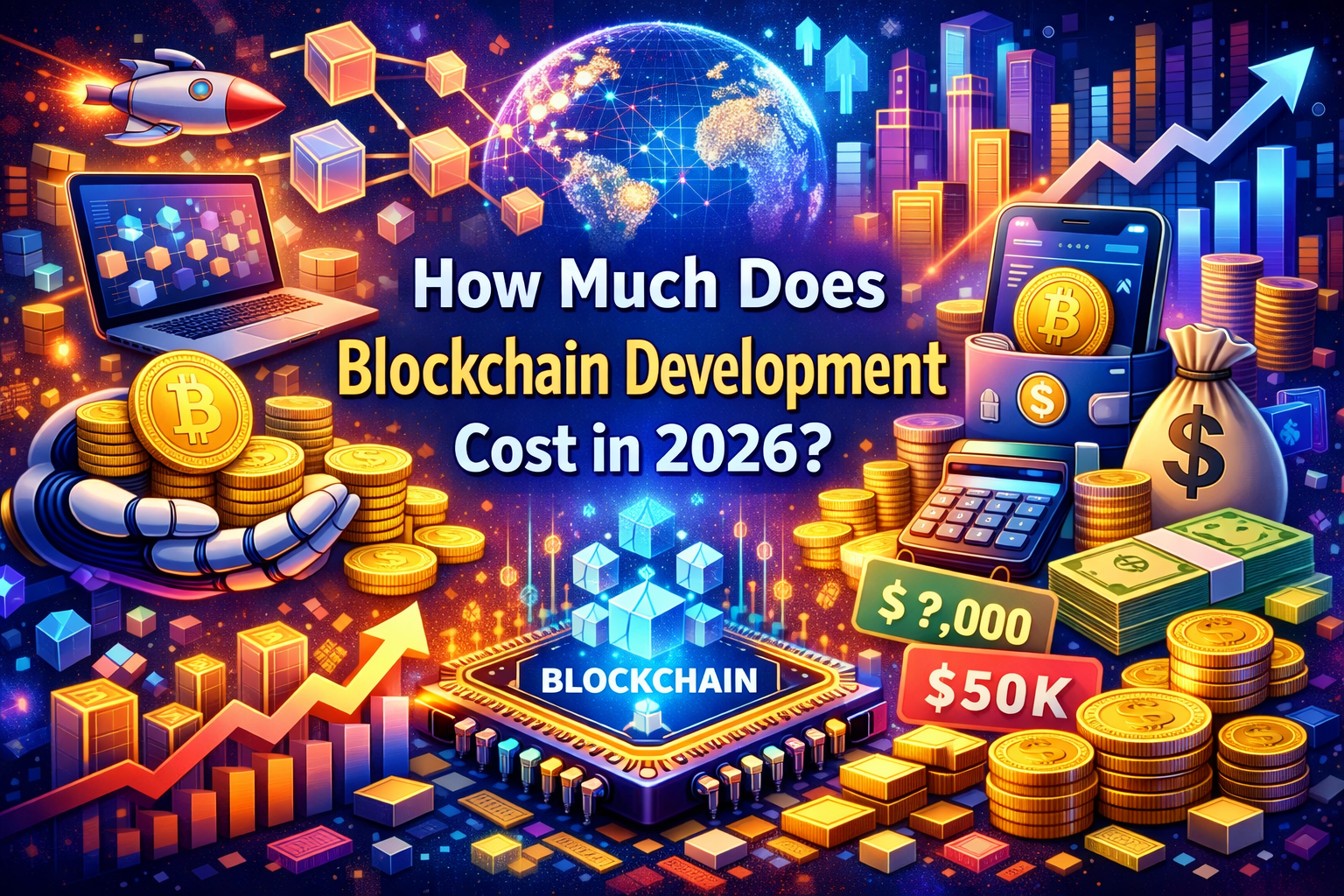AI App Development for Startups: Affordable Strategies in 2025

Artificial Intelligence (AI) is no longer reserved for tech giants. In 2025, startups across industries are harnessing the power of AI app development to innovate faster, optimize costs, and deliver personalized experiences. Whether it’s chatbots, predictive analytics, or generative AI, startups now have access to tools that once required huge investments.
The challenge, however, lies in adopting AI without draining limited resources. This blog explores affordable AI app development strategies for startups in 2025, helping founders balance innovation and cost-effectiveness.
Why AI App Development Matters for Startups in 2025
Startups thrive on agility and disruption. With AI-powered apps, they can:
- Enhance customer engagement through chatbots, voice assistants, and personalized recommendations.
- Automate repetitive tasks like scheduling, data entry, or customer support.
- Make data-driven decisions using predictive analytics.
- Compete with larger enterprises by leveraging scalable AI solutions.
In short, AI levels the playing field, allowing startups to achieve more with fewer resources.
Key Affordable AI Strategies for Startups
1. Start Small with AI MVPs
Instead of building complex AI apps from the start, startups can develop a Minimum Viable Product (MVP) with one or two AI features. For example, an eCommerce startup can begin with an AI-powered product recommendation system before expanding to predictive analytics.
Why it’s affordable: MVPs reduce upfront costs and allow validation of AI features before scaling.
2. Use Open-Source AI Frameworks
Open-source frameworks like TensorFlow, PyTorch, Hugging Face, and LangChain give startups access to powerful AI tools at little or no cost.
Why it’s affordable: No licensing fees and faster development with pre-built libraries.
3. Leverage Cloud-Based AI Services
Cloud platforms like AWS AI, Google Cloud AI, and Microsoft Azure AI provide pay-as-you-go models. Startups can deploy apps using APIs for vision, speech, NLP, or predictive analytics without building infrastructure from scratch.
Why it’s affordable: No upfront hardware investments and scalability based on usage.
4. Focus on No-Code/Low-Code AI Platforms
In 2025, no-code and low-code AI platforms like Bubble, Mendix, and Power Apps will allow startups to build AI-enabled apps with minimal coding. These tools integrate drag-and-drop AI features such as chatbots and automation workflows.
Why it’s affordable: Reduces dependency on large developer teams, lowering labor costs.
5. Outsource to an AI App Development Company
Partnering with a specialized AI app development company can be more cost-effective than building in-house teams. Companies in regions like Dubai and India offer affordable AI app development services with expertise in startups’ needs.
Why it’s affordable: Access to skilled developers at competitive rates, faster time-to-market, and reduced trial-and-error costs.
6. Adopt Generative AI for Content & Automation
Generative AI in 2025 has become a must-have for startups, enabling automated content creation, marketing campaigns, and customer communication. Integrating these features into apps can help startups save time and money on manual tasks.
Why it’s affordable: Cuts recurring content and operations costs while boosting productivity.
Cost of AI App Development for Startups in 2025
The cost of AI app development depends on features, complexity, and the region of development. Here’s a rough breakdown:
- Simple AI apps (chatbots, recommendation engines): $8,000 – $20,000
- Medium complexity apps (predictive analytics, multi-feature AI apps): $20,000 – $50,000
- Advanced AI apps (custom ML models, generative AI, automation platforms): $50,000 – $120,000
By using strategies like cloud AI, open-source frameworks, and outsourcing, startups can reduce these costs by 30–40%.
Future of AI App Development for Startups
In 2025, startups adopting AI early are positioned to scale faster and attract more funding. Investors increasingly look for AI integration as a marker of innovation. The future will bring AI-driven personalization, predictive decision-making, and autonomous apps that reshape industries.
For startups, the winning formula is innovation with affordability—focusing on high-impact AI features while keeping costs lean.
Final Thoughts
AI is no longer a luxury—it’s a necessity for startups in 2025. By adopting affordable AI app development strategies such as MVPs, open-source tools, cloud services, and outsourcing to specialized AI development companies, startups can compete with industry leaders without overspending.




